
PAT TESTING
SOUTH AND WEST WALES
FAQ
Frequently Asked Questions
Q: What is pat testing?
A: Pat testing, also known as portable appliance testing, is a process in which electrical appliances and equipment are tested to ensure that they are safe to use. During a pat test, a trained technician will visually inspect the appliance and use specialized equipment to test for electrical safety and functionality.
Q: Why is pat testing important?
A: Pat testing is important for several reasons. First and foremost, it helps identify any defects or problems that could cause the appliance to malfunction or become unsafe. This helps prevent accidents and injuries and ensures the safety of those using the appliances and equipment. In addition, pat testing helps protect the integrity of the equipment itself by identifying and fixing potential issues before they lead to breakdowns or malfunctions. This can help extend the life of the equipment and save money in the long run.
Q: How often should pat testing be carried out?
A: The frequency of pat testing depends on the type and use of the appliance. In general, appliances and equipment that are used frequently or in high-risk environments, such as healthcare facilities or construction sites, may require more frequent pat testing. It is generally recommended to conduct pat testing on a regular basis, such as 6 monthly, annually, or every few years, to ensure the safety and functionality of the appliances and equipment.
Q: Who is responsible for conducting pat testing?
A: The responsibility for pat testing typically falls on the owner or operator of the appliance or equipment. This could be a business owner, property manager, or individual responsible for maintaining a home or office. It is important to have trained and certified technicians conduct the pat testing to ensure that it is done properly and in accordance with industry standards.
Q: Is pat testing required by law?
A: It is not a legal requirement but is highly recommended to ensure safety in the workplace. In some industries and circumstances, pat testing regulations exist to ensure the safety of employees and customers. This is often the case in industries such as healthcare and hospitality.
Q: What is included in a pat test?
A: During a pat test, a technician will visually inspect the appliance for any obvious signs of damage or wear, such as frayed cords or broken plugs. The technician will also use specialized equipment to test the appliance for electrical safety and functionality. This may include checking the continuity of the electrical circuit, testing the insulation, and measuring the earth bond resistance.
Q: Can I conduct pat testing myself?
A: While it is possible to conduct a basic visual inspection of an appliance for obvious signs of damage or wear, it is generally recommended to have a trained and certified technician conduct a pat test. This is because pat testing requires specialized equipment and knowledge of industry standards and regulations. In addition, having a trained technician conduct the pat test ensures that it is done properly.
Q: What happens if an appliance fails a pat test?
A: If an appliance fails a pat test, it means that there is an issue with the appliance that needs to be addressed. The technician will provide a report detailing the issues that were identified during the pat test and recommend any necessary repairs or replacements. It is important to address any issues identified during a pat test as soon as possible to ensure the safety and functionality of the appliance.
Q: Are there any appliances that do not require pat testing?
A: Some appliances, such as those with a built-in protection system, may not require pat testing. Also hard-wired appliances such as cookers or electric showers can only be inspected by a qualified electrician. PAT testing is usually done on items that are portable and have a plug attached. However, it is generally recommended to have all electrical appliances and equipment tested on a regular basis to ensure their safety and functionality. It is important to consult with a trained and certified technician to determine the pat testing requirements for specific appliances.
Q: Can pat testing be done on appliances that are not in use?
A: Yes, pat testing can be conducted on appliances that are not in use. In fact, it is often recommended to test appliances before putting them into service to ensure that they are safe and functioning properly.
Q: Is pat testing the same as a full electrical inspection?
A: Pat testing is a specific type of electrical testing that focuses on the safety and functionality of individual appliances and equipment. A full electrical inspection, on the other hand, is a more comprehensive evaluation of an electrical system, including the wiring, outlets, and other electrical components. While pat testing is an important part of maintaining the safety and functionality of electrical appliances and equipment, it is not the same as a full electrical inspection that would usually examine the electrics hard-wired within the building.
Q: Can pat testing be done on all types of electrical appliances and equipment?
A: Pat testing can be conducted on most types of electrical appliances and equipment that are classed as portable and have a plug attached. Most items are either Class 1 or Class 2 appliances. It is important to consult with a trained and certified technician to determine the pat testing requirements for specific appliances and equipment.
Q: Is pat testing required for all types of businesses?
A: The requirement for pat testing varies depending on the industry and specific circumstances. In some industries, such as healthcare and hospitality, pat testing may be required by regulations to ensure the safety of employees and customers. In other cases, pat testing may be recommended as the best practice for maintaining the safety and functionality of electrical appliances and equipment. It is important to consult with a trained and certified technician and review laws and regulations to determine the pat testing requirements for your business.
Q: Can pat testing be done on appliances that are not plugged in?
A: Yes, pat testing can be conducted on appliances that are not plugged in. In fact, we may require unplugging the appliance to conduct our tests, plus it is often recommended to test appliances before plugging them in to ensure that they are safe and functioning properly. During a pat test, the technician will typically check the continuity of the electrical circuit and test the insulation and earth bond resistance, which can be done even if the appliance is not plugged in.
Q: How long does pat testing take?
A: The duration of a pat test depends on the number and complexity of the appliances and equipment being tested. A basic pat test on a single appliance may take only a few minutes, while a more comprehensive pat test on a larger number of appliances may take several hours or longer. It is important to allow sufficient time for the pat testing process to ensure that all appliances and equipment are thoroughly tested.
Q: Can pat testing be done on appliances that are used outdoors?
A: Yes, pat testing can be conducted on appliances that are used outdoors. In fact, it is often recommended to test outdoor appliances on a more regular basis to ensure their safety and functionality, as they may be exposed to different weather and environmental conditions. During a pat test, the technician will typically check the continuity of the electrical circuit and test the insulation and earth bond resistance, as well as visually inspect the appliance for any obvious signs of damage or wear.
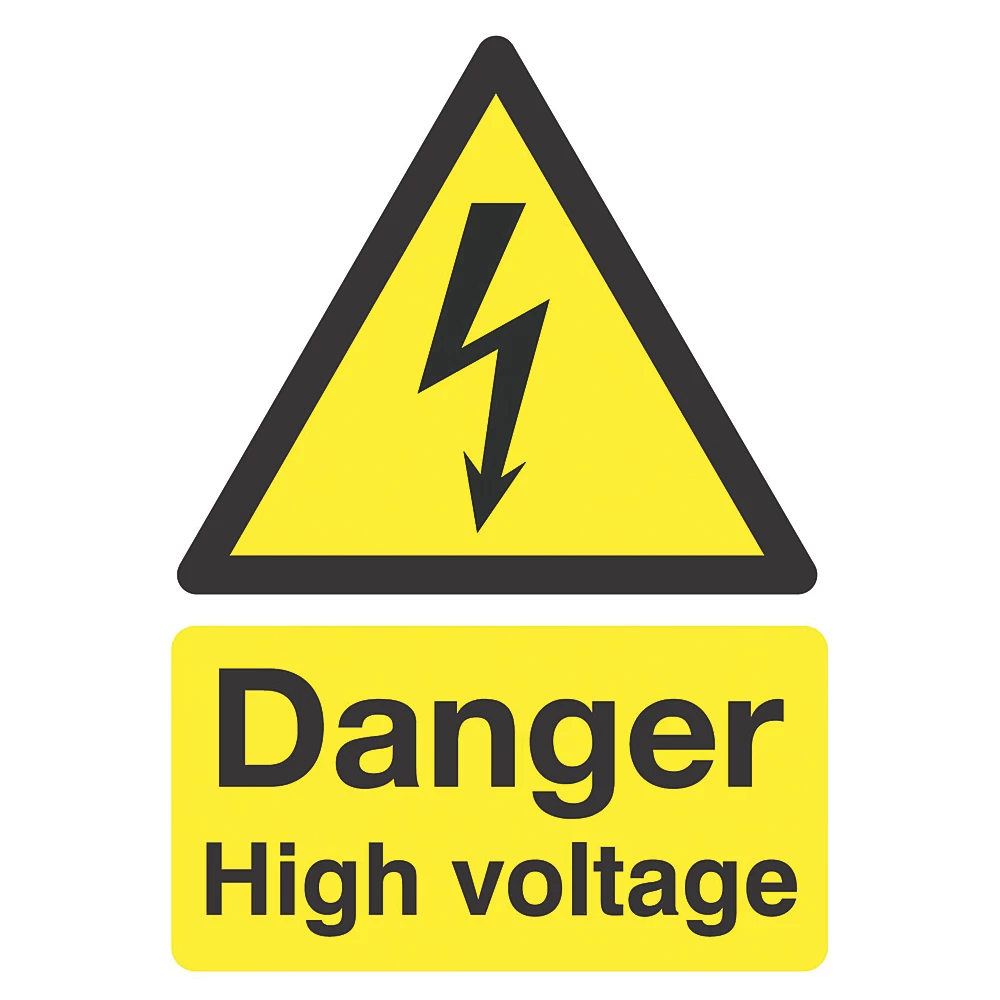
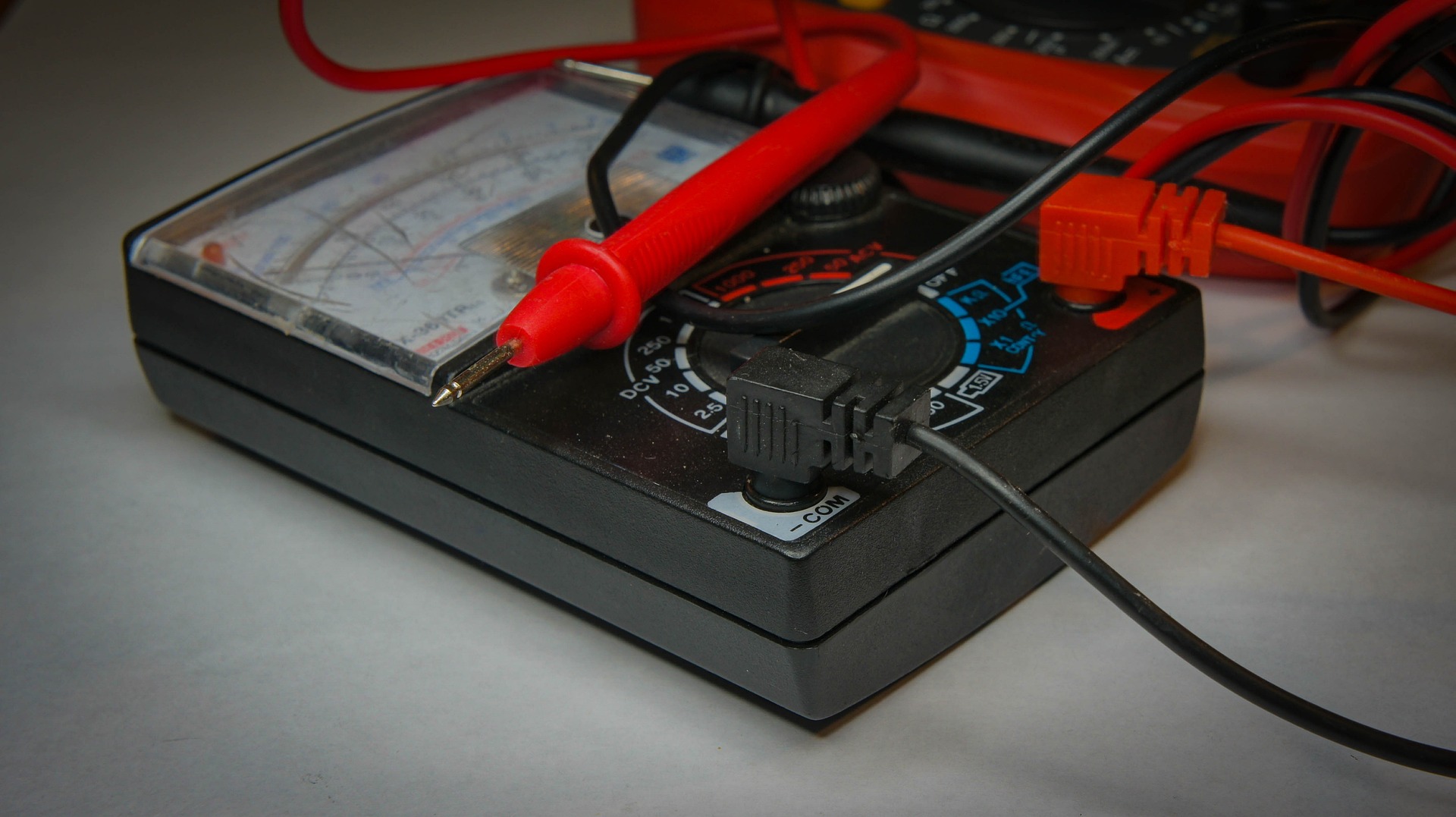
Are you looking to ensure the safety of your electrical appliances and equipment? Look no further! Our team of highly trained and certified pat testers will thoroughly and efficiently test all of your equipment to ensure it meets the necessary safety standards.
Why choose us?
- We offer competitive rates and fast turnaround times.
- We use the latest testing technology to ensure accurate and reliable results.
- We provide a full report and certification for all tested equipment.
- We adhere to all industry regulations.
- Don’t take any risks with the safety of your appliances and equipment.
- Contact us today to schedule your pat testing services.

Our team of experienced and certified technicians can ensure that your electrical appliances are safe to use and compliant with industry standards.
We offer flexible scheduling to accommodate your busy schedule and can conduct tests on site at your convenience. Our state-of-the-art equipment and thorough testing procedures ensure that your appliances are thoroughly checked.
Don’t take any chances with the safety of your appliances – trust us for all of your PAT testing needs. Contact us today to schedule your appointment and get peace of mind knowing that your appliances are safe and compliant.
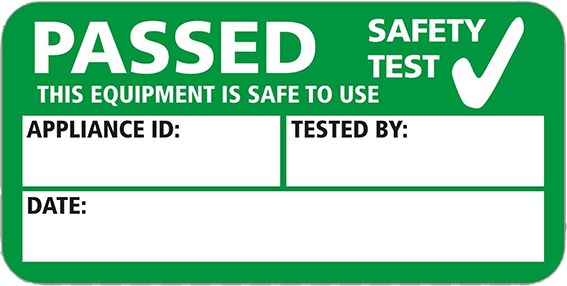
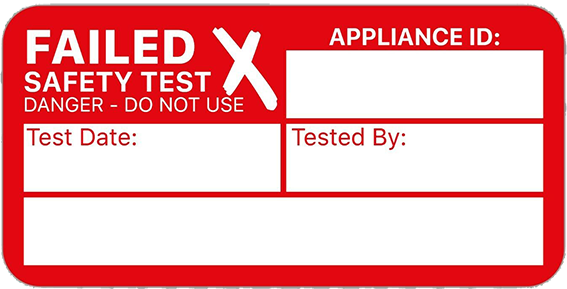
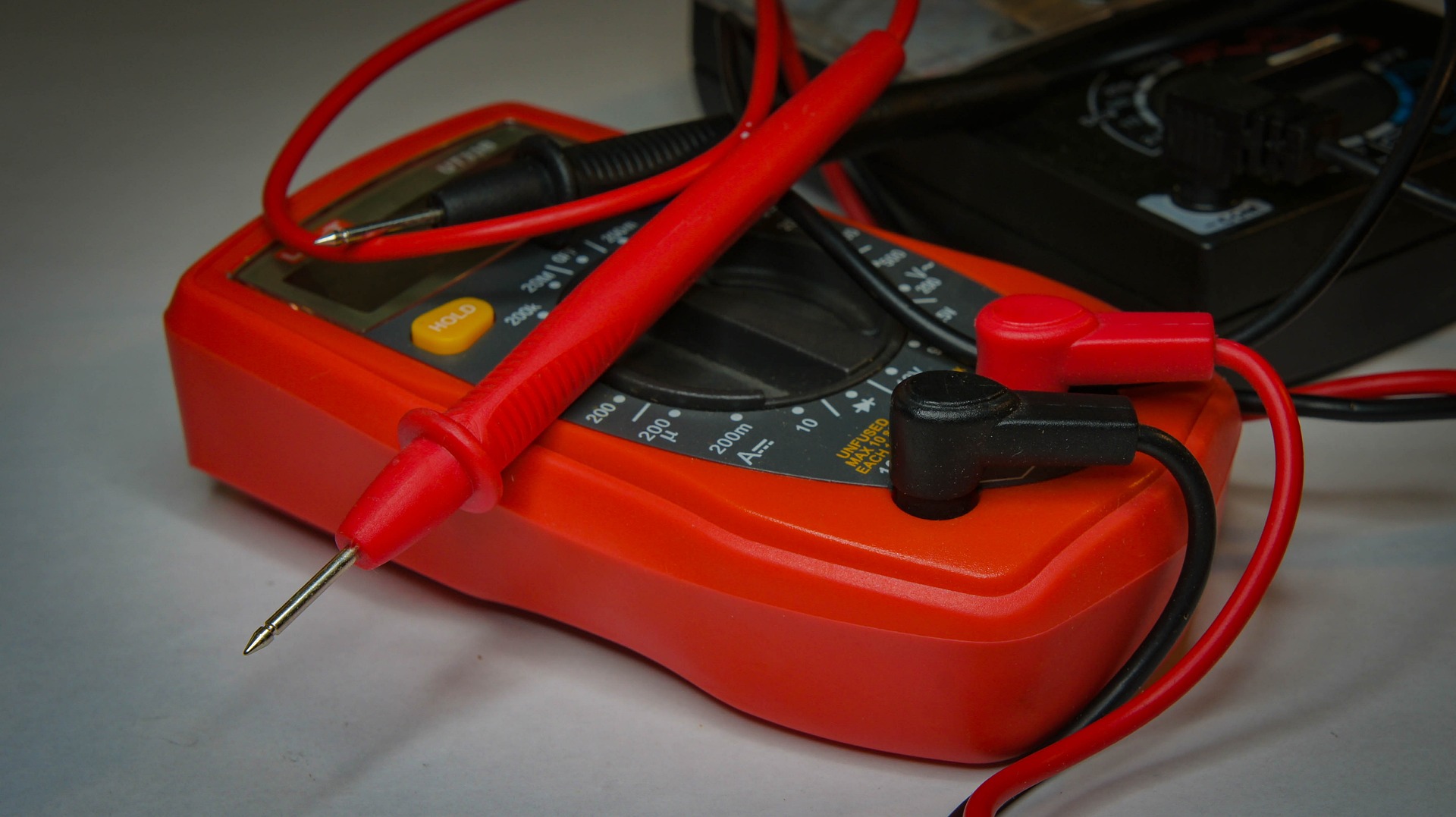

CLASS 1
What is a ‘Class I’ electrical item?
Class I electrical equipment has an earth connection, and damage to the earth connection can present a risk that may lead to the user experiencing an electric shock. It is recommended that all Class I equipment have regular PAT tests to check the earth connection is still sound.
If the appliance has a metal casing and a plug with a metal earth pin, it is a Class I electrical item. Common Class I items include toasters, kettles, microwaves and fridges.
CLASS 2
What is a ‘Class 2’ electrical item?
Class II electrical equipment is referred to as a ‘double insulated’. These devices have extra insulation to prevent contact with live parts.
Class II items will usually have a plastic casing and examples of Class II items include drills, hedge trimmers, photocopiers, and PC computers, etc.
Don't take any risks with faulty or unsafe electrical equipment.
Protect yourself, your staff, your customers, and your business with our reliable PAT testing services.
Contact us today for a Free Quotation.
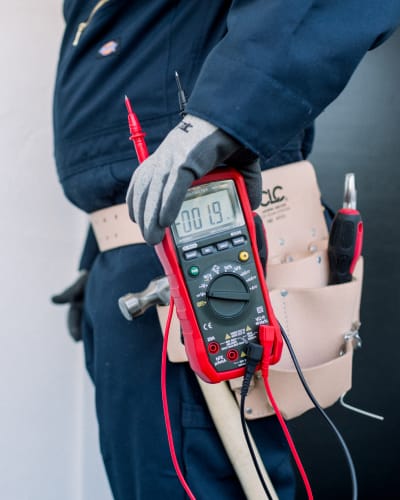
PAT Test charges are usually calculated per device, and the size of the business, plus the amount of equipment that needs testing determines the overall price. Our simple pricing ensures you know how much your costs will be.
HOW MUCH DOES PAT TESTING COST?
£129.oo
Our price includes testing the first 25 Appliances Free Of Charge
Just £1.85 for each additional electrical appliance we test
DISCOUNTS ARE AVAILABLE FOR LARGE CONTRACTS. The more electrical appliances you require us to test, we can offer discounts on the cost per item.
Our team of skilled and certified technicians will ensure that all of your electrical equipment is safe and compliant with industry standards. We offer competitive rates and flexible scheduling to meet your needs.

Tel: 0845 250 4390
Mobile: 07707 030 276
Email: pattest@cita.co.uk
BEST SERVICE
We offer competitive rates and fast turnaround times to small and large businesses.
FREE QUOTATION
Contact us today for a free estimate and set a schedule for your pat testing requirements.

